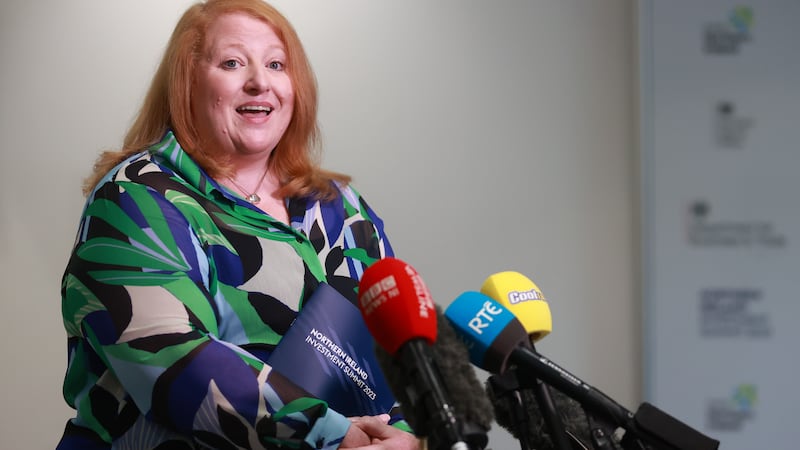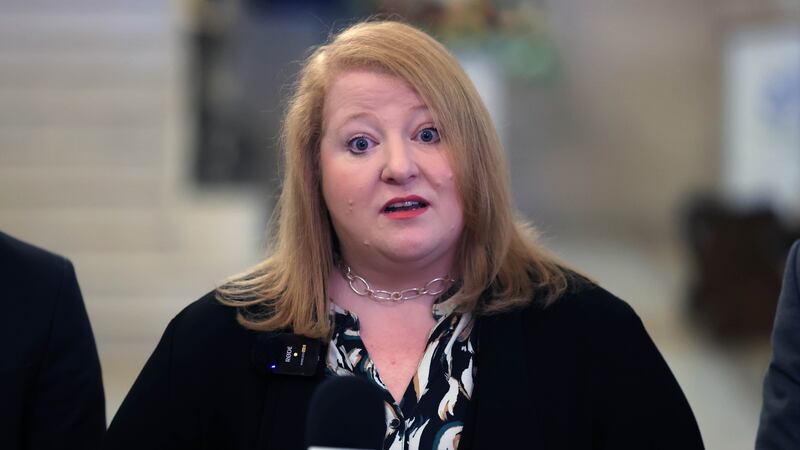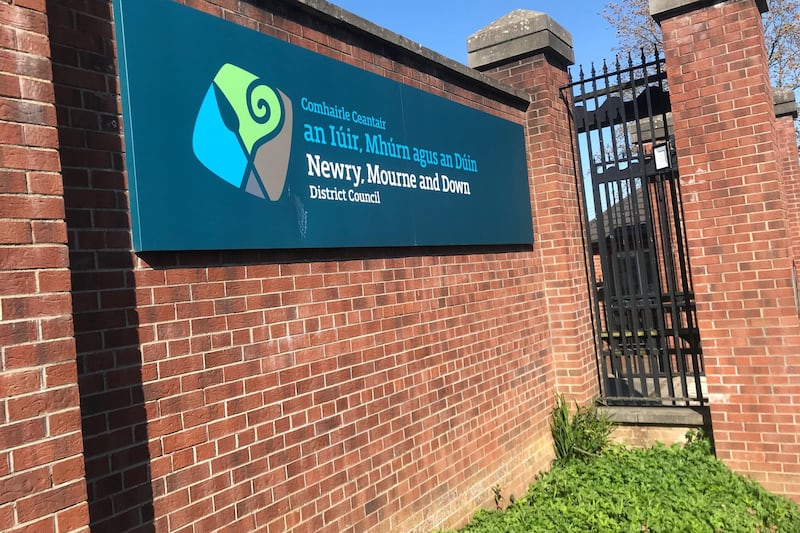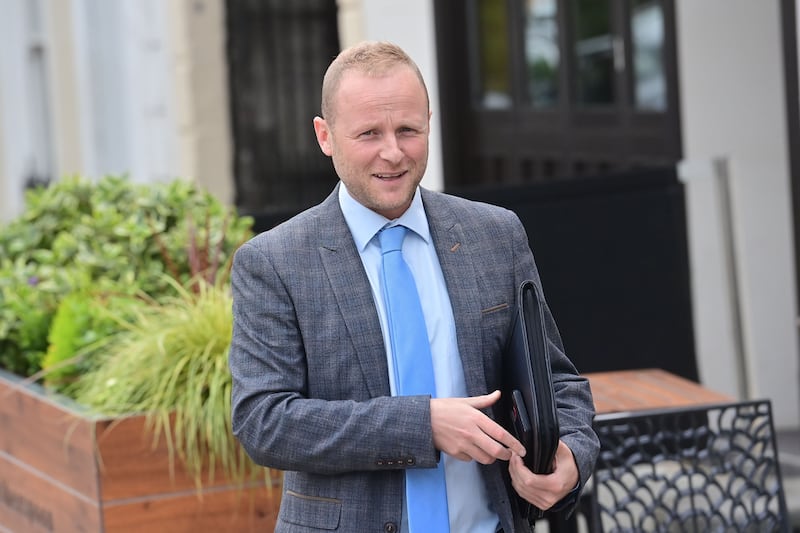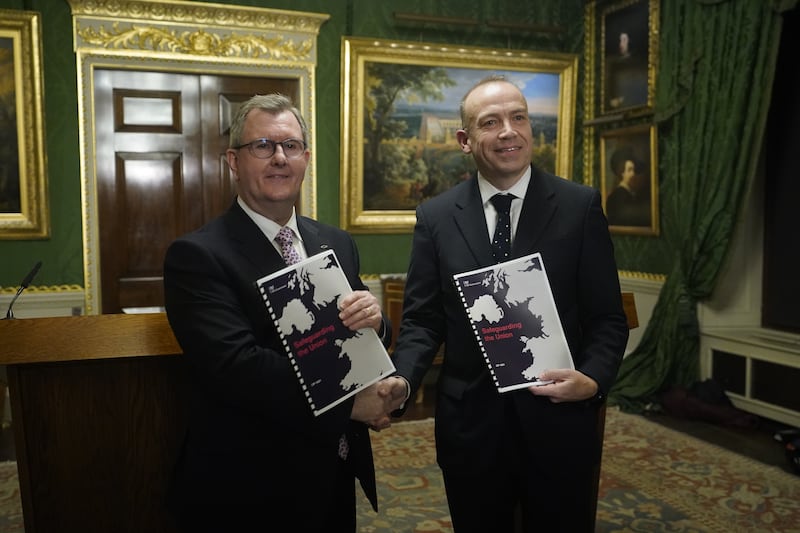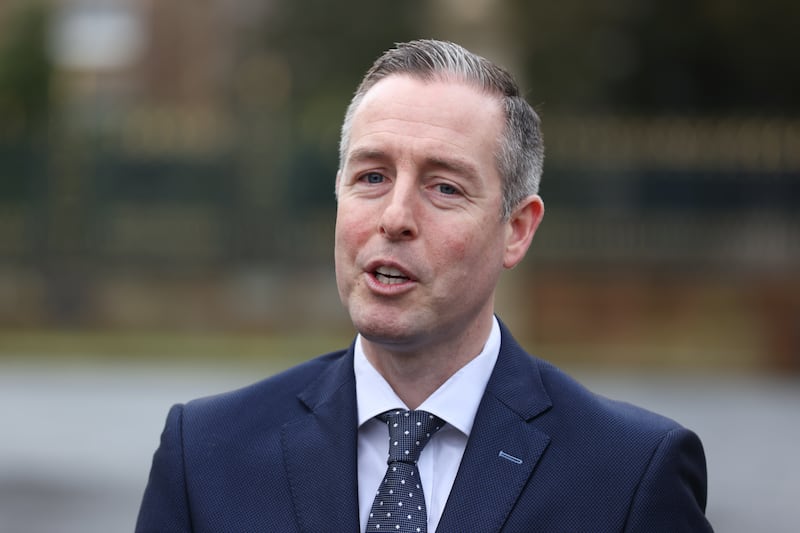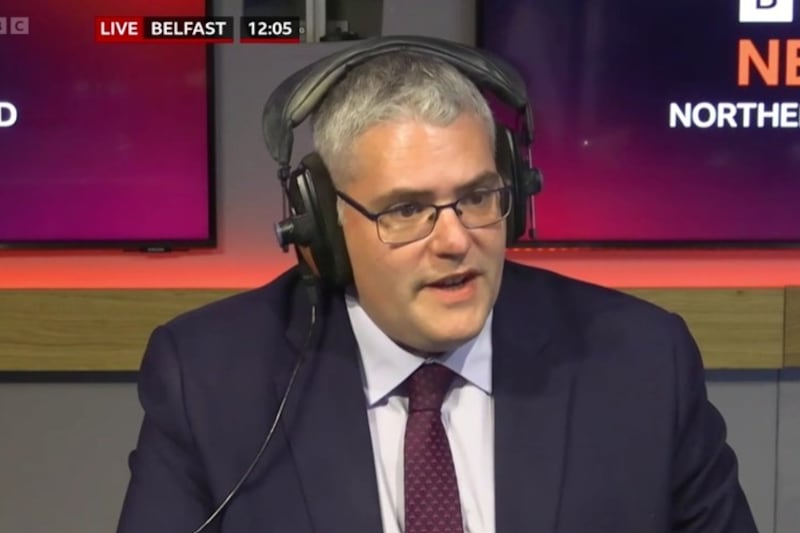More than £74 million of public money has been needed to support MLA's in the Northern Ireland Assembly over the past five years.
According to The Detail, around 40 per cent or £28.2 million of this was used to pay the MLA's wages.
The DUP, as the largest party, takes the largest amount of cash with its 42 elected or co-opted members using £24.1 million to pay staff costs, office costs and travel expenses.
The party claimed a further £943,000 through a scheme offering additional support to MLA's with regards to funding research, training, media and administrative support services.
Sinn Féin with 37 elected or co-opted members took home £19.3 million, with an extra £815,000 from the additional support scheme.
In the last full term of an Assembly, MLA's basic annual salary was up to £48,000, with more money on offer for those in ministries.
A full list of expense and wages for MLA's can be seen here.
Sinn Fein has a party policy of paying their members the working wage, but last year said that this was under review.
This basic annual wage was raised to £49,000 last May, and then to £49,500 in April, despite this it remains less than that of representatives in the rest of the UK and the Republic.
The First and Deputy First Minister were paid an annual salary of up to £120,000 each in the last full term of Assembly.
Although Northern Ireland politicians are paid less than those in the UK, they actually are paid more if based on population according to the Independent Financial Review Panel.
This panel have called for a major overhaul in the current system including the introduction of caps on the amount of money which can be claimed.
Former panel members whose appointment expired in June wrote to Secretary of State James Brokenshire explaining that it was 'unjustified' to continue MLA pay under direct rule.
The full letter can be read here.
They have also called for change in the system which provides state funding to political parties represented at Stormont.
This is currently supplied through the much criticised Financial Assistance to Political Parties (FAPP) Scheme which has been accused of providing an unfair advantage to the bigger parties at Stormont..
In the letter to James Brokenshire, they said: “We know that this proposal will be strongly opposed by all the major parties here who are keen to control any access to funds by smaller parties.
“Our reason for supporting this is simple – in our experience the vast majority of malpractice we have seen in the expenses system has been for the purposes of party funding, not personal gain.
“Northern Ireland is also unique in the UK in that the vast majority of FAPP money goes to the parties in power in the Executive whereas, at Westminster for example, the party in power does not get short money which funds the opposition’s ability to discharge its responsibilities.”

